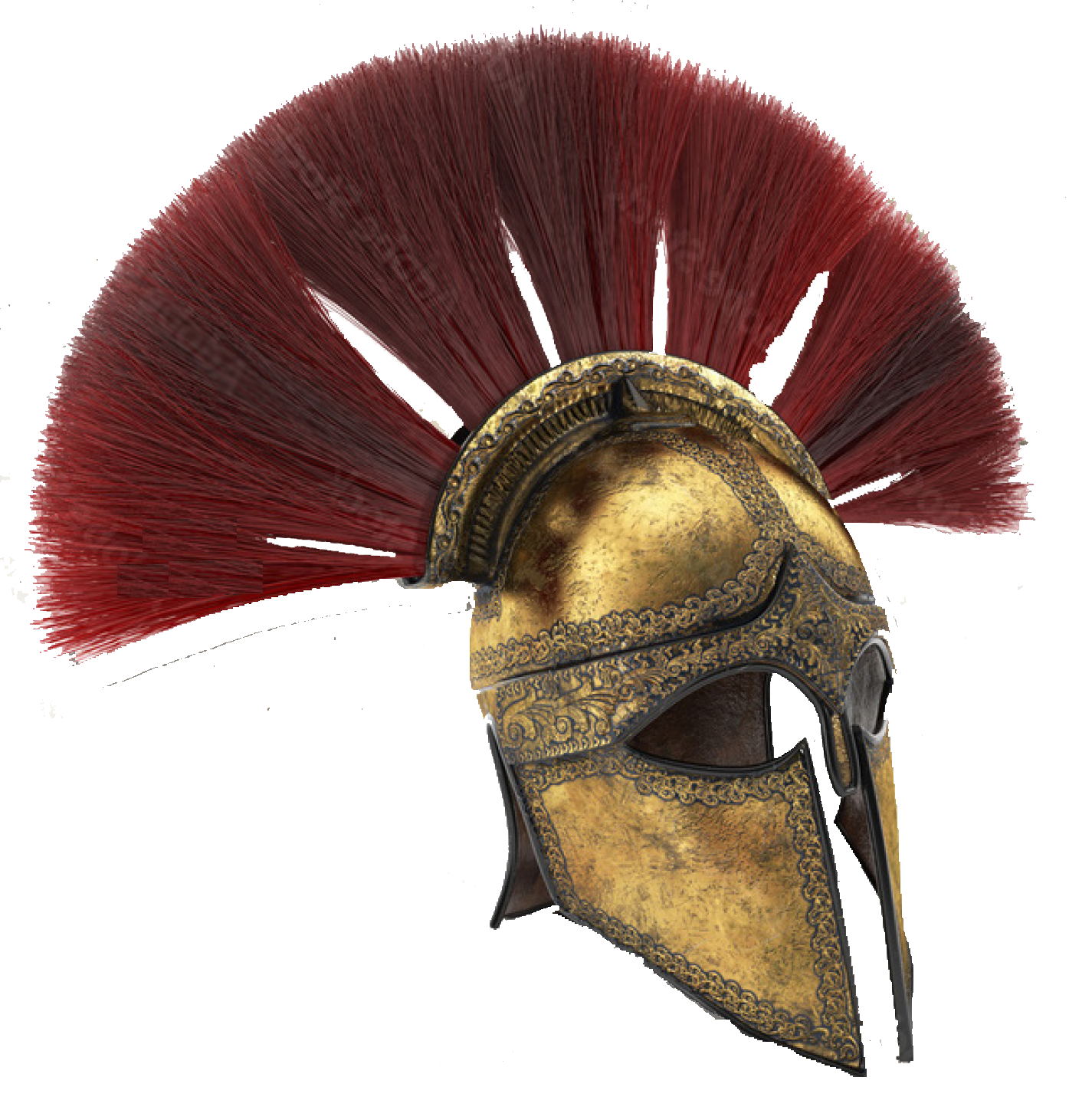Your local bookstore can order the books through Ingram. They are also available from Amazon, Barnes & Noble, and Bookshop.org at the links below.



Praise for the Series
“The Middle Empire Series by Conn Hallinan concocts a dangerous, funny and frightening fictional history of ancient Hispania. The brutal and regal time and place are brought to life through compelling storylines and captivating characters, with magical moments throughout.
When the powerful and stunning young Aelia Dasumi presents Centurion Marcus Favonius with a mysterious bronze helmet, he slips it on his head and they both feel an invisible, powerful foreshadowing force: Marcus quotes Homer: “I too shall lie in the dust when I am dead, but for now let me win noble renown.
I highly recommend this engaging read.”

Martha Mendoza
Two-time Pulitzer Prize-winning reporter
“Good historical fiction requires a writer with comprehensive knowledge of the period to bring the narrative credibly to life with precise details.
But without a compelling story and characters we care about, historical fiction becomes just a well decorated table, with no food on it.
In the Middle Empire Series, Dr. Conn Hallinan has given us a full banquet, with three very alive and quirky main characters: Marcus—a dour Roman centurion who is a smart tactician and fears nothing, except riding a horse; Demaratus—a wily Greek whose wits often save the day; and Flavius—the centurion’s optio (executive officer), known for his calm, loyalty and muscle.
Even if ancient history is not your field of interest, you’ll have a hard time putting this page-turner down, as these three navigate the perils of being soldiers for a fading empire.”

Jack Rady
Military Historian
In Book 1, Hispania, an empire reels from inflation and political discord while clinging desperately to its position in the world (sound familiar?). In Rome, circa 249 AD, Marcus, a Centurion in the army, is being sought by the Praetorian Guard, as his politically ambitious family has gotten on the wrong side of those in power. Flavius, his second-in-command, is loyal, ironic and complex—able to tell Marcus what he doesn’t want to hear and to hide from him what he shouldn’t know. Demaratus, a Greek, joins them as they flee to Roman-occupied Spain. Demaratus understands politics as well as he knows the sea; his ability to function in disguise and his gift for intrigue save the trio’s lives more than once. The three characters are pulled into various adventures, some of them romantic, while they try to survive.
In Mauretania, the three head for North Africa, where Marcus’s lady friend Aelia has been enslaved by a local despot. On a mission to rescue her, they are ambushed, betrayed by the local authorities and mired in the political corruption that marked the faltering empire. The battle scenes alone, perfectly choreographed, are completely compelling. Meanwhile, in the course of her enslavement, Aelia learns important lessons about the experiences of the enslaved people who once served her household.
In its middle years, the Roman empire was besieged by powerful allied tribes while corruption, inflation and political plots destabilized it from within. Against this backdrop, Marcus—uneasily occupying a promotion—and his second and third in command Flavius and Demaratus are ordered to free the city of Tarraco (now Tarragona, in Catalonia, Spain) from Frankish occupation. Roman fighters have holed up in a tower and Demaratus’ sweetheart Coventina, a red-headed Celt and a fierce fighter, is being hunted by the Franks for avenging her uncle. Coventina and a group of other women organize an uprising against the occupiers. The political plots, military strategies, and the stories of civilians under siege are riveting.
